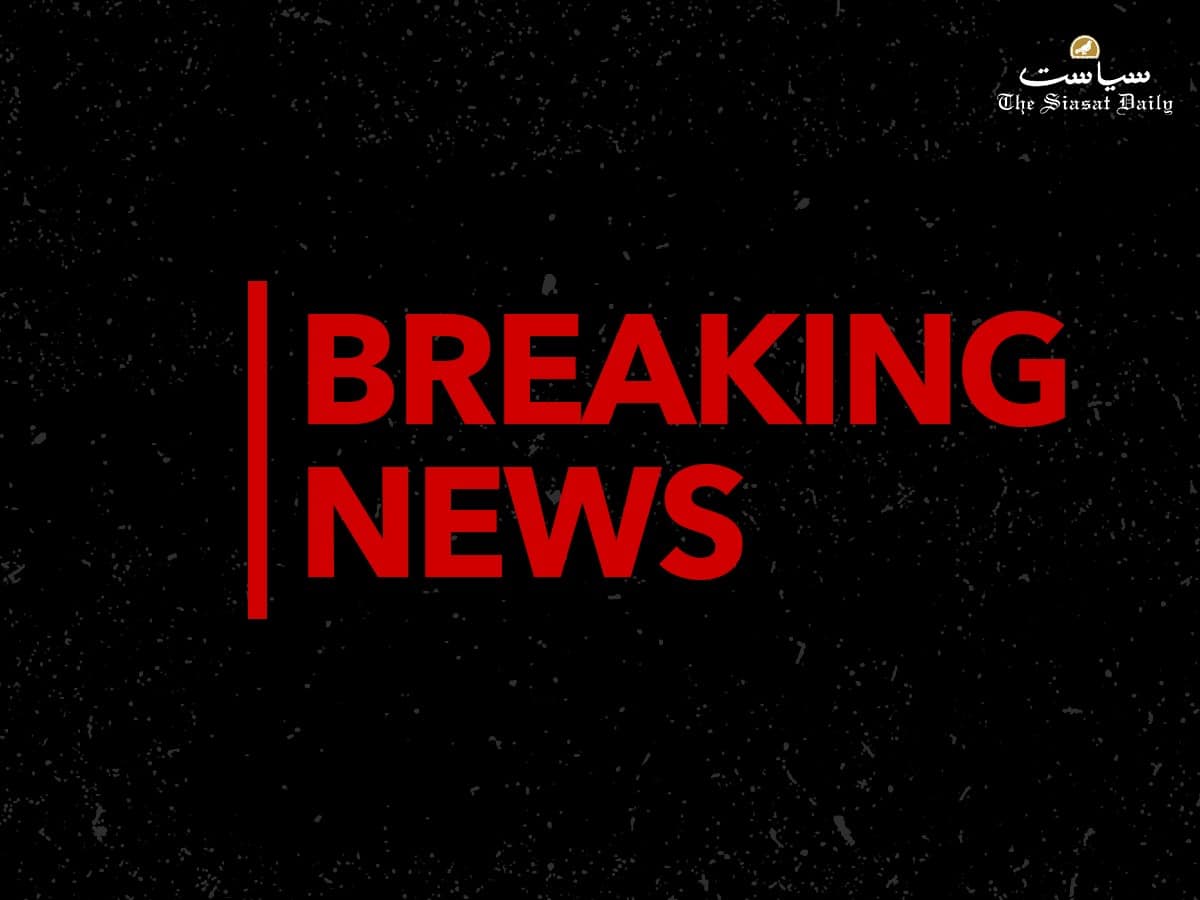
A week ago, a petition was filed by a Muslim student before the Karnataka high court seeking a declaration that wearing the hijab (headscarf) is a fundamental right guaranteed under Article 14 and 25 of the Constitution of India aside from being an essential facet of the Islamic faith.
The petition garnered media attention primarily owing to the Hijab row engulfing the state of Karnataka. What started out as a government college hindering hijab-clad women from entering college campuses, has now blown into a full-fledged debate. The administration claims that the women were violating the dress code enforced by the college and as such cannot be permitted. The students on their end flagged the administration’s move as discriminatory and clearly opine that the hijab was a part of their faith and they felt no reason to abandon it.
Updates from the Karnataka high court will be added in the coming few days until a verdict on the issue is pronounced.
February 10: Major highlights
3:20 pm: Kamat argues that it is reasonable to let women wear head scarf as they have been doing. “This is not a harmful practice. These are innocuous practice. It is not like somebody else is being harmed,” he added.
February 9: Major highlights
4:51 pm: Kamat states that this move flies in the face of Article 25 of the Constitution.
4:50 pm: Bench says interim relief is not needed as it is a matter of few days. Further the bench argued that till the matter is pending students and stakeholders will not insist on wearing any religious garment or head dress.
4:47 pm: Kamat says we are asked to choose between food and water (education and conscience) which is not fair.
4:44 pm: Kamat further states that an “essential practice” should not be referred to anyone else’s view but only to those who believe in the faith and that alone should be referred to while considering an interim relief.
4: 31 pm: Kamat refers to Fathima Tasneem v. State of Kerala in which the issue was of private minority educational institutions, not of government institutions.
4:14 pm: Hegde quotes Section 129 of Motor vehicles act which allows for a Sikh man wearing a turban to not wear the helmet. Similarly, there are SC rules made for purdah nasheen woman.
4:02 pm: Hegde also states that, “Constitutional rights cannot be left to politicians or MPs whether they are in power or out of power. Ultimately it is the Constitution which protects all citizens.”
3:39 pm: “Chairman of drafting committee Dr. Ambedkar when he was a child, was made to sit apart in school. After so many years of the Republic, I do not want any kind of separation. We are a country like no other. We are a mix of so many influences and kinds of people,” stated lawyer Hegde.
3:35 pm: Karnataka high court refers the batch of petitions to a larger bench. “I feel this matter requires consideration of larger bench. The wisdom emanating from neighbouring High Court judgements needs to be treated,” the Court said. The Karnataka chief justice will take a call on the new bench.
3:30 pm: Advocate General Prabhuling Navadgi, representing the government, quoted the Shayara Bano case. “A religious text permitting something does not necessarily mean it is essential to the religion,” he said.
February 8: Major highlights
Court adjourns for the day.
4:33 pm: The bench says that it peace should be maintained. The court requests the student community and the public at large to maintain peace and tranquillity.
4:26 pm: AG calls such claims unsubstantiated and dangerous. He remarks that the state is in control.
4:26 pm: Kamat agrees with AG. But evokes the video of woman being harassed by saffron-clad men and asks for protection.
4:22 pm: Advocate General says he has instructions that there is some law and order situation. “I request that until the case is heard no protests or demonstrations be held.”
12:50 pm: Court wishes to ascertain whether the copy of Quran submitted before them is authentic or not.
12:49 pm: “Hijab is a facet of right to privacy recognised as part of Article 21 by Puttaswamy judgment of Supreme Court,” said Kamat.
12:47 pm: “Wearing of hijab is protected by right to expression under Article 19(1)(a) and can be restricted only on grounds under Article 19(6),” said Kamat.
12:46 pm: Advocate Devadatt Kamat noted that wearing the hijab is an essential component of Islam.
12:40 pm: Justice Krishna S Dixit, stated, “Keep all emotions aside. We will go by what constitution says. Constitution is above Bhagwad Geeta for me. I will go by the oath I have taken to the Constitution.”
(This is an ongoing article. Details will be furnished until a verdict is pronounced by the High Court.)



